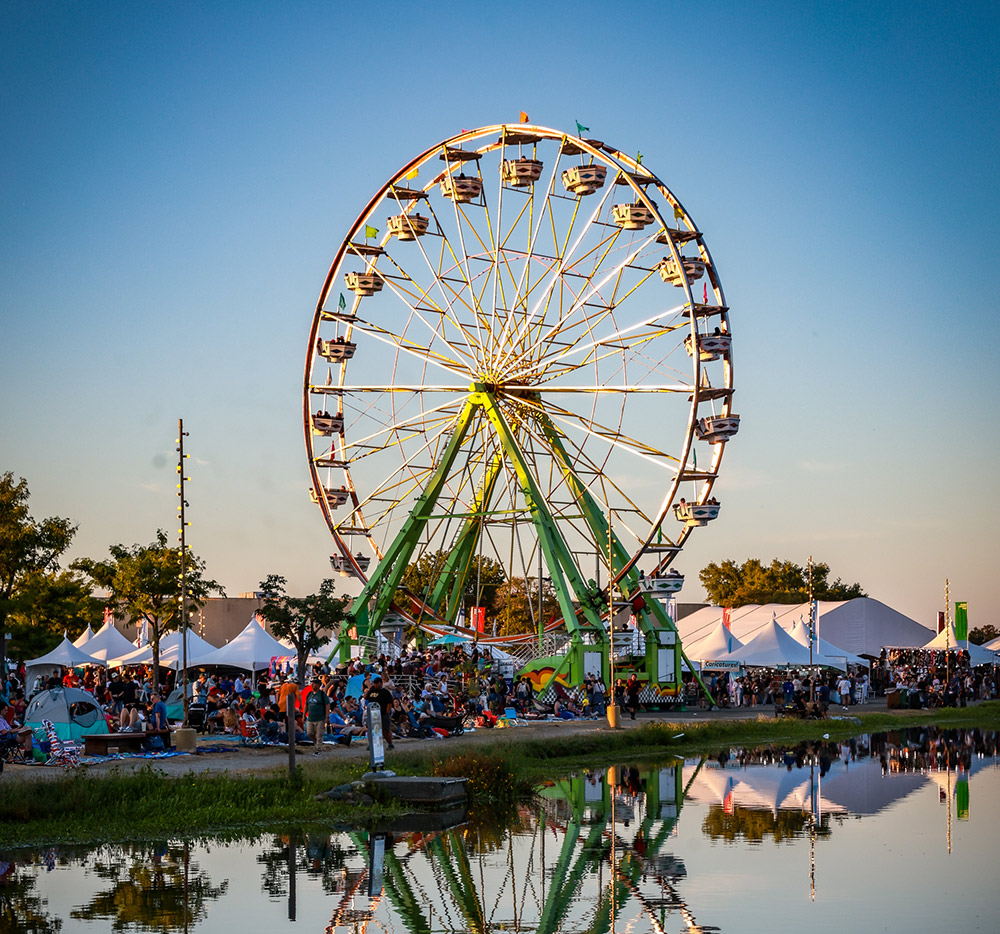
It is the goal of the Marin County Fair to produce an environmentally friendly event. In support of our goals and our already impressive 92% diversion rate for over a decade; you will notice a comprehensive resource recovery program throughout the fairgrounds! Through coordinated efforts of Race to Zero Waste, La Rocca Janitorial Services, and Marin Sanitary Service more than 28 tons of recycling and 80 tons of compost have been collected, setting a waste diversion record, for the ”Greenest County Fair on Earth.” As an attendee of the Marin County Fair, you will find 60 (clearly marked) diversion stations throughout the fairgrounds to divert your items into the proper receptacle. If you’re having a tough time locating one, please refer to the maps strategically placed throughout the fairgrounds to find the closest diversion station near you!
To bring more zero waste education and awareness to the fair, Race to Zero Waste will be staffing two Zero Waste booths near the main food court area across from the barnyard and one near the Global Market Place.
Race to Zero Waste has collected and sorted over 2 tons of recycling at 60 waste diversion stations located throughout the county fair. Materials include glass, aluminum, plastic bottles and cardboard and is process by Marin Sanitary Service in San Rafael.
The Fair strives to offer healthy food options for Fair guests:
It’s easy to reduce your waste footprint while visiting the fair! The Marin County Fair encourages attendees to bring BYO (Bring Your Own) water bottle and drink cup and refill at the six hydration stations located at the fairgrounds. Consider opting out cutlery, straws and napkins, and instead, bring your own while reducing waste and enjoying all the fun activities the fair offers!
The Fair has a great history and partnership with ExtraFood.org. For the first time in 2018, we partnered with Marin-based company ExtraFood.org. Tons upon tons of healthy, fresh food are thrown into landfills in Marin, creating an enormous environmental problem. Yet one in five Marin County residents worry about where their next meal is coming from. There is enough healthy food for all in Marin, but there has been a critical, missing link between those who have it and those who need it. ExtraFood fills that gap.
By participating in this program, our food vendors saved money on any disposal or recycling fees, reducing waste, and helping the hungry. Plus, they got a tax deduction!
The Fair is pleased to partner for the first time this year with Smart Alternative Fuels and their Used Cooking Oil Collection services. Proper collection of waste cooking oil and grease prevents environmental contamination by these substances, as well as harmful buildup in sewer and drain lines that can lead to costly blockages. Additionally, their collected waste oil is recycled into biodiesel for use in everyday commerce, displacing fossil fuels and supporting a sustainable system to reduce the carbon footprint in our communities.
In 2010, all of the lighting fixtures were replaced with energy-conserving bulbs and fixtures in the Marin Veterans’ Memorial Auditorium. The 39-year old HVAC was replaced with modern, energy-efficient unit ¬thanks to support of the California Energy Commission. Together, these improvements result in an estimated annual savings of 160,700 KWh and cost savings of $20,000 annually.
All of the lighting fixtures in the Exhibit Hall and Meeting Rooms were replaced with energy-conserving fluorescent bulbs. This lighting retrofit creates savings of nearly $20,000 per year, while improving lighting levels and quality. The 35-year-old HVAC units in the Exhibit Hall were replaced with five new energy-efficient units, resulting in cost savings of about $28,500 per year, while improving comfort and reliability, thanks to the support of California Energy Commission.
All of this is particularly important with the passage of State of California Assembly Bill 32 that mandates the reduction of greenhouse gases. These two projects eliminated the emission of 122,000 pounds of CO2 from the atmosphere annually, which is equal to the amount offset by about 16 acres of trees.
Energy-efficient LED lighting was installed on the marquee reader board on Highway 101.
The Fair staff use a fleet of all-electric carts (rather than gas-powered ones) for Fair operations. These carts are plugged-in overnight at the Exhibit Hall building, site of the Fair’s solar panels.
To conserve electricity, all exterior marquee and decorative lights are turned off all day at all 32 carnival rides until 7 pm.
The iconic Marin County Fair ride, the Giant Ferris Wheel, was retrofitted with the latest in LED (light emitting diode) thanks to Butler Amusements, who replaced the turbo lights on this very popular Fair ride. The Ring of Fire and Super Shot Drop Tower also were retrofitted, joining the Ferris wheel in using 90% less power!
The Giant Ferris is a whopping 90 feet high and is equipped with 2,500 LED modulars, with each modular containing 24 individual LEDs. Its consumption has now gone from 130kw to only 76kw! The Ring of Fire is a towering 60-foot tall ride and 4,000 new LEDs will bring the load from 120kw to just 93kw. The Super Shot Drop Tower is nearly 100 feet high and is illuminated with 2,264 LED modulars, but its energy consumption will plummet from 62kw to just 34kw.
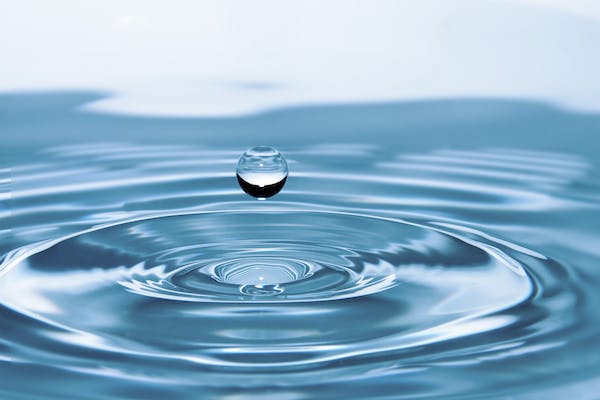
Thanks to rebates from the Marin Municipal Water District, 23 Sloan Waterfree Urinals are installed in the five men’s restrooms of the Marin Veterans’ Memorial Auditorium and Exhibit Hall buildings. By using the touch-free, completely hygienic Sloan Waterfree system, the fairgrounds conserve an average of 40,000 gallons of fresh water per urinal, annually. In total, the fairgrounds conserve approximately 920,000 gallons of fresh water per year.
Thanks to the support of the Marin Municipal Water District, water-efficient, 1.6 gallon toilet fixtures have been installed in all fairgrounds restrooms.
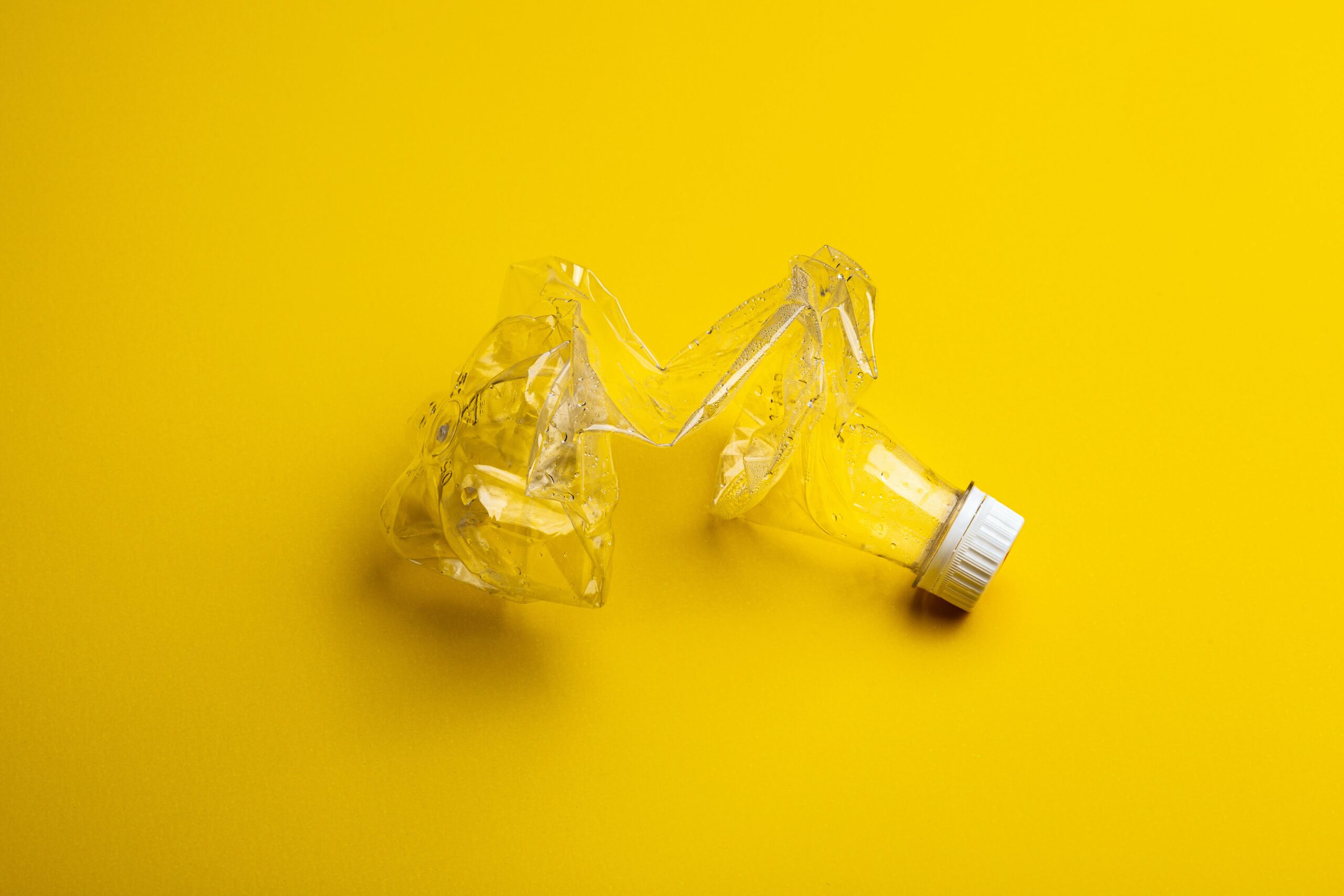
To continue being the Greenest County Fair on Earth, you will notice food vendors are not selling any single-use plastic bottles at the Fair! This is an effort to reduce plastics going in and out of the fair and meeting the County’s Zero Waste goals by 2025.
All fair attendees are encouraged to bring their own water bottle while visiting the fair and using one of the many U.S. Pure Water hydration stations or water fountains placed throughout the fairgrounds.
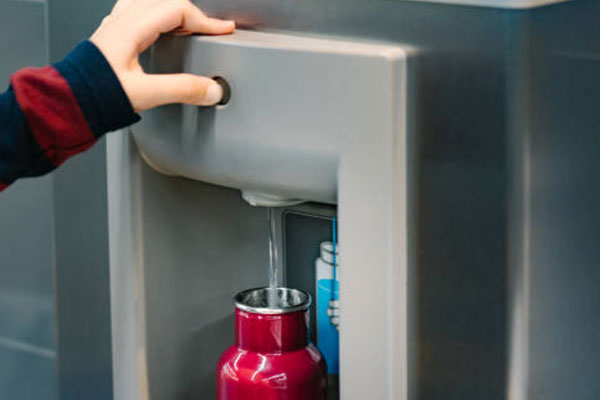
For the 2022 Fair, we are partnering with US Pure Water who are installing four water refilling stations throughout the fairgrounds. USPW is at the forefront of the green revolution; greening festivals and events by educating consumers and providing self-serve water stations and reusable containers as an alternative to single-use bottles. In response to the Covid-19 pandemic they also offer touch-less water bars. These minimize the possibility of transmission by eliminating contact points between the station, the users, and their containers.
In 2018, with a partnership with FloWater, the Marin County Fair saved 33,966 bottles from going into the landfill. Fairgoers took great advantage of the Refill Stations and appreciate and support our efforts with this initiative.
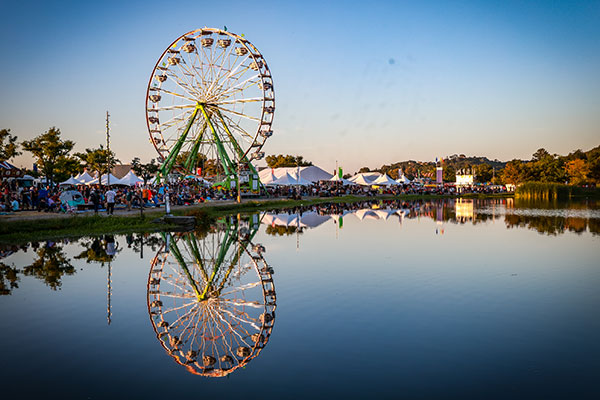
Partnering with the Department of Parks and Open Space, the Fair practices these water efficient landscape practices:
The fairgrounds saves fresh water by having the lawns, gardens and landscaping irrigated by recycled water provided by the Las Gallinas Sanitary District.
Recycled water is also in use at the new restrooms at the Marin Veterans’ Memorial Auditorium and Lagoon Park.
Staff uses the landscaping techniques of sheet mulching and adjusts irrigation schedules for each season and inspects and maintains irrigation systems regularly.
Three John Deere Eagle Irrigation Control Clocks predict temperature, wind, soil and planting conditions to conserve water and irrigate the lawns, trees, and landscaping only when needed. These California Irrigation Management Information System (CIMIS) controllers are linked to weather stations and satellites all over the state and the National Oceanic and Atmospheric Administration (NOAA).
Fair signage is made of recyclable and reusable materials:
Outdoor A-frame signs are made from recycled milk bottles.
Directional and informational signs and banners are printed on an environmentally friendly Foam-Core alternative using recyclable and biodegradable materials.
The Fair strives to adopt eco-friendly measures:
Fair guests can cycle to the fairgrounds and park their bike in the Bicycle Valet Parking area near the Main Gate, courtesy of the Marin County Bicycle Coalition. Complimentary bicycle valet parking is available daily.
Brocco and Sons of Sonoma use a magnesium chloride dust control product from the salt ponds of the San Francisco Bay to cover six acres on the fairgrounds. This dust treatment, used by organic vineyards and agriculture in the production of tofu, provides an earth-friendly and pedestrian-friendly covering for fair guests.
The Fair uses white pine wood shavings in the demonstration tent, on the Great American Pig Race track, and in the cages in the Fur and Feathers Tent, an absorbent and comfortable bedding for the Fair’s popular farm animals. Wood shavings, straw and manure from the Barnyard is collected and then trucked to an organic farm in West Marin after the Fair.
Save paper and e-subscribe! Sign up for the Marin Center Magazine digital edition and E-News at marinfair.org Subscribe to the monthly E-News and Magazine published in June, September and January and be the first to find out about upcoming events, special discounts, volunteer opportunities and more. Follow us on Facebook, Twitter and Instagram. #marincountyfair
Thousands of Marinites receive trophies, plaques and blue, red and green ribbons as recognition of achievement. Ribbons are made of processed wood pulp; unlike most man-made fibers, these ribbons come from a renewable resource and are biodegradable.
The 50-acre Marin County Fairgrounds joined the Bay Area Green Business Program and became certified in April 2008.
Fair staff work with the Community Development Agency Sustainability Team to select and record measures and develop policies and programs that will help make the Marin County Fair healthy, vibrant and sustainable for many generations into the future.
The fairgrounds are part of over 1,500 Bay Area businesses earning certification as a Green Business. For more information on the Green Business certification process, visit www.marinsustainability.org.
These public agencies, non-profit organizations and companies guide and support the ongoing efforts of the Marin County Fair to incorporate sustainable business practices: